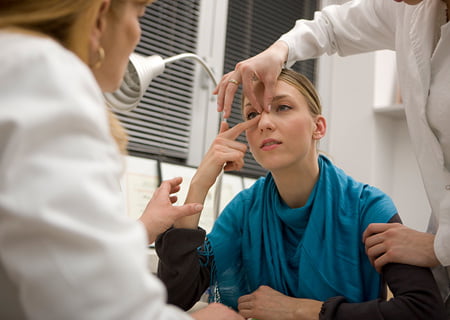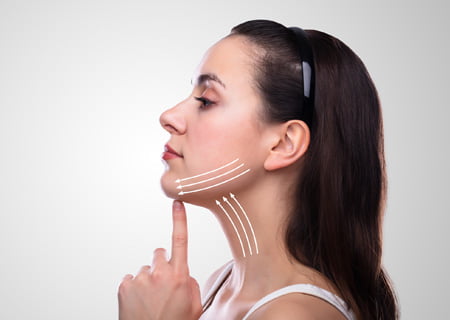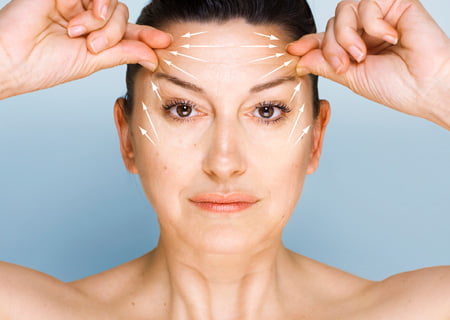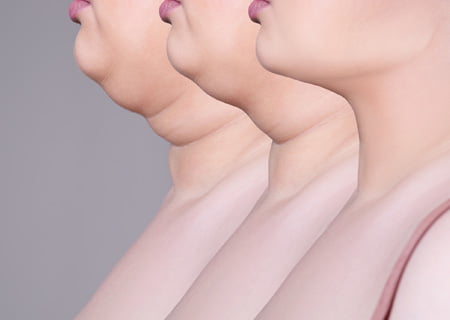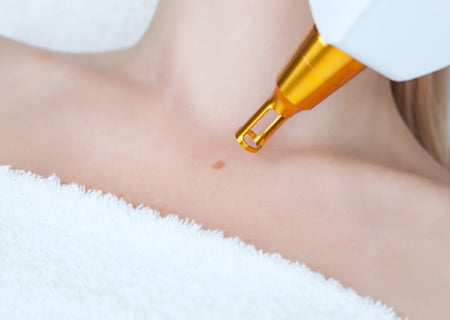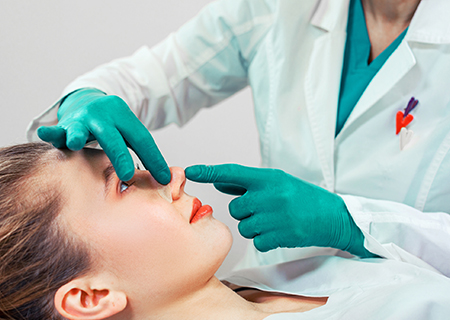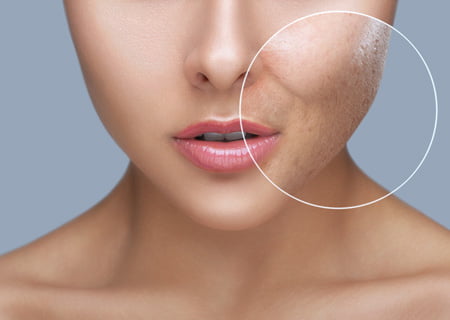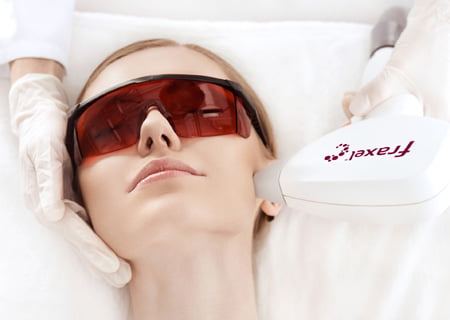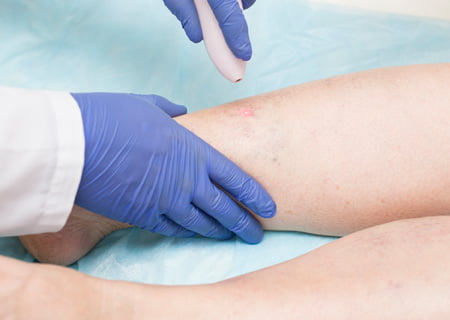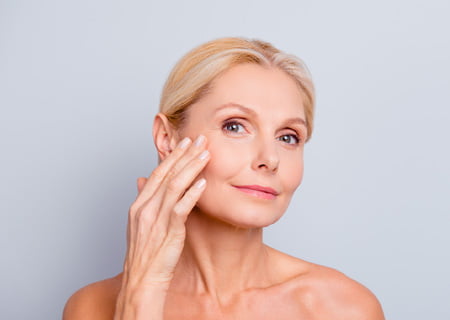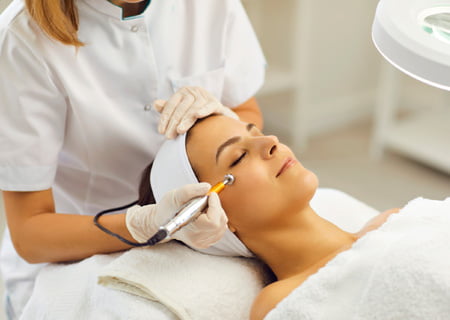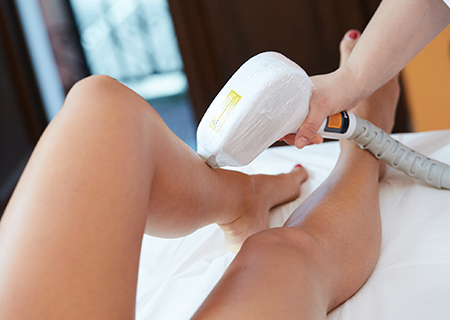The Role of Cosmetic Surgery in Reconstructive Procedures
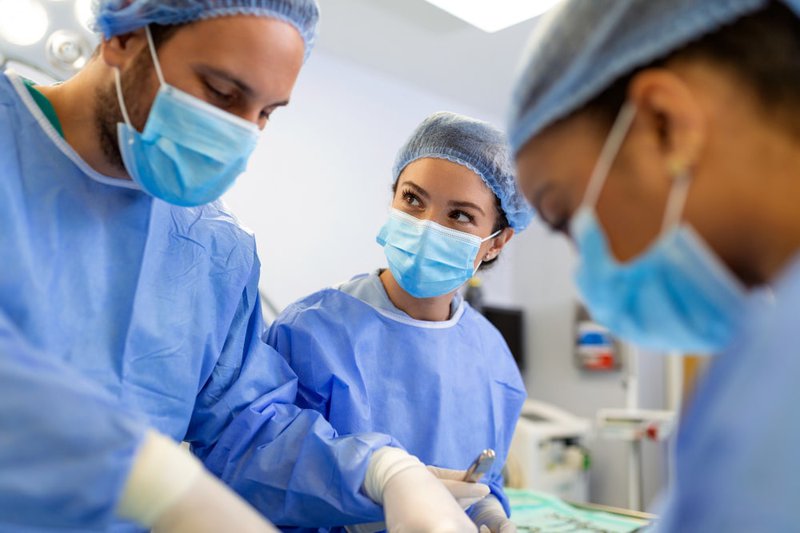
Cosmetic surgery plays a crucial role in reconstructive procedures, helping trauma and disease survivors recover both physically and emotionally, restoring function, appearance, and self-confidence.
Key Takeaways
- Cosmetic and Reconstructive Blend: Cosmetic techniques are vital in restoring form and function in reconstructive surgeries for trauma and disease survivors.
- Facial Trauma & Scar Revision: Procedures like rhinoplasty and scar revision help restore appearance and emotional well-being.
- Advanced Techniques: Innovations like tissue engineering and minimally invasive methods lead to more natural, durable results.
- Psychological Impact: Reconstructive cosmetic surgery boosts self-esteem and improves quality of life.
Cosmetic surgery has long been associated with enhancing one's appearance and achieving aesthetic goals. However, its role in reconstructive surgery for trauma or disease survivors is often overlooked.
Cosmetic techniques have played a pivotal role in helping individuals recover physically and emotionally from life-altering events.
The Intersection of Cosmetic and Reconstructive Surgery
People also search
Cosmetic surgery and reconstructive surgery are often viewed as distinct entities, with the former aimed at enhancing aesthetics and the latter focused on restoring form and function. However, the lines between these two fields can be blurred, especially in cases where trauma or disease has left patients with physical and emotional scars.
Cosmetic techniques have therefore been increasingly finding their place within reconstructive surgery, offering hope and healing to survivors.
Restoring Facial Harmony
Facial trauma, whether from accidents, burns, or congenital deformities, can be emotionally devastating. Beyond physical pain, individuals often experience a loss of self-esteem and identity due to the altered appearance of their face.
Cosmetic surgery plays a crucial role in reconstructive procedures, helping to restore facial harmony and improve the patient's quality of life.
For example, reconstructive rhinoplasty, commonly associated with cosmetic procedures to enhance the nose's appearance, is also a vital tool in reconstructing noses damaged by cancer surgeries. By skillfully reshaping and rebuilding the nose, surgeons can restore not only aesthetics but also functionality, enabling patients to breathe more comfortably and regain their confidence.
How does cosmetic surgery assist in reconstructive procedures for trauma survivors?
Cosmetic surgery aids reconstructive procedures by restoring both form and function for trauma survivors, using techniques like rhinoplasty and scar revision to improve appearance, functionality, and emotional well-being. Advanced methods ensure natural and durable results.
Scar Revision
Scars from surgeries, accidents, or diseases can be a constant reminder of trauma and may have a significant impact on self-esteem. Cosmetic surgery techniques are invaluable in scar revision, helping to minimize the appearance of scars and improve skin texture.
Procedures like laser therapy, dermabrasion, and micro-needling are used to soften and flatten scars, making them less noticeable and allowing patients to move forward with renewed confidence.
Cleft Lip and Palate Repair
Congenital conditions like cleft lip and palate can have a profound impact on an individual's life, affecting both appearance and function. Surgical correction is often necessary to address these issues, and cosmetic techniques are instrumental in achieving optimal outcomes.
Surgeons work not only to restore a more natural appearance, but also to ensure proper speech and oral function. This approach ensures that individuals with cleft lip and palate can lead fulfilling lives and build self-confidence without the burden of their condition.
Emotional Well-being and Quality of Life
Beyond the physical aspects, the psychological impact of reconstructive surgery is immense.
Cosmetic techniques, when integrated into reconstructive procedures, can help patients reclaim their self-esteem and emotional well-being. After all, feeling good about one's appearance is often a crucial part of the healing process, allowing individuals to move forward with their lives after trauma or disease.
Advanced Techniques in Reconstructive Cosmetic Surgery
In recent years, advancements in medical technology and surgical techniques have further enhanced the capabilities of reconstructive cosmetic surgery. These innovations have allowed surgeons to achieve remarkable results, giving patients not only functional improvements but also exceptionally natural-looking outcomes.
One significant advancement is the use of tissue engineering and regenerative medicine to open new avenues in reconstruction. Stem cell therapy, tissue grafting, and biocompatible materials enable the creation of tissue that closely mimics the patient's own, resulting in more durable and lifelike results.
Furthermore, minimally invasive techniques have gained prominence in reconstructive cosmetic surgery.
These advanced techniques, when integrated with traditional reconstructive and cosmetic procedures, offer patients the best of both worlds. Not only do they restore physical form and function, but they also provide aesthetically pleasing outcomes that boost self-confidence and improve overall quality of life.
All in all, the role of cosmetic surgery in reconstructive procedures cannot be underestimated. It goes far beyond aesthetics, helping survivors of trauma and disease regain their physical form, functionality, and self-confidence. These transformative procedures provide hope and healing to individuals who have faced life-altering events, allowing them to rebuild their lives and move forward with newfound strength.
If you or a loved one is in need of reconstructive surgery that incorporates cosmetic techniques, our team at Facial Cosmetic Surgery is here for you. At our clinic, Dr. Kristina Zakhary is a renowned expert in the field, with a wealth of experience in both cosmetic and reconstructive procedures. She can provide personalized guidance and tailor a treatment plan to meet your specific needs, ensuring that you achieve the best possible results.
Don't let the effects of trauma or disease hold you back. Reach out to Dr. Kristina Zakhary and our team at Facial Cosmetic Surgery today to explore the possibilities of transformative reconstructive surgery combined with cosmetic expertise. Your journey to recovery and self-confidence begins here.
